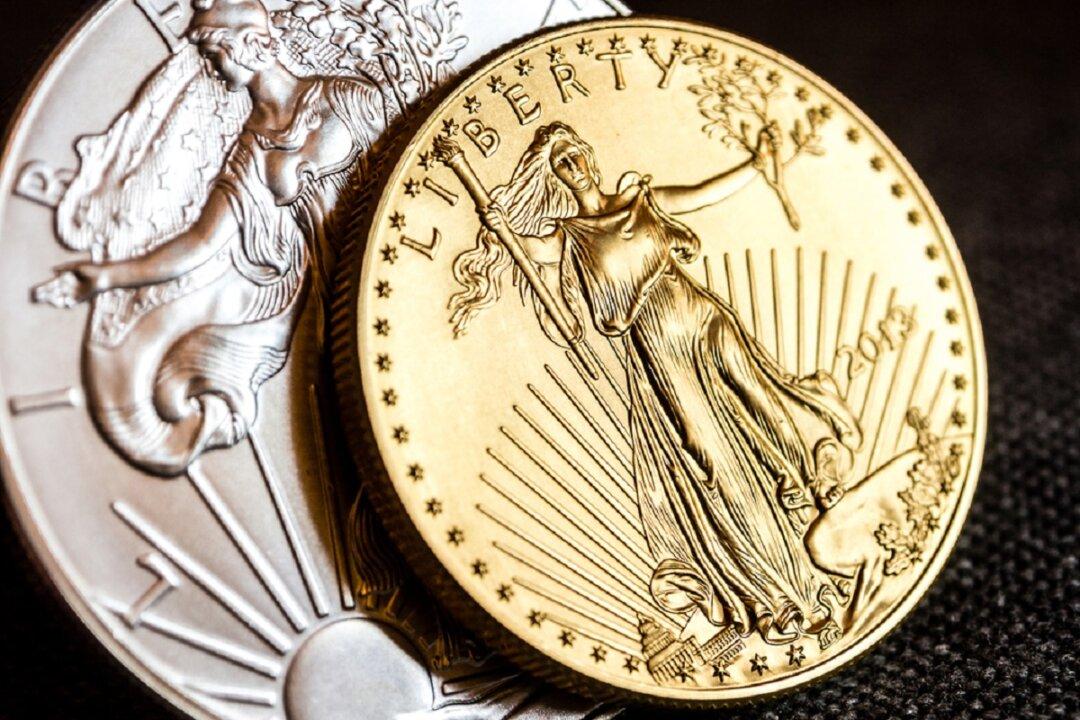If you’re wondering, “Do banks buy gold?” the answer is a resounding yes. With inflation rising dramatically, financial institutions currently purchase gold in large quantities.
Therefore, it is essential to understand the benefits of investing in gold to fully grasp how banks use gold investments to protect themselves against fluctuations in the market.





